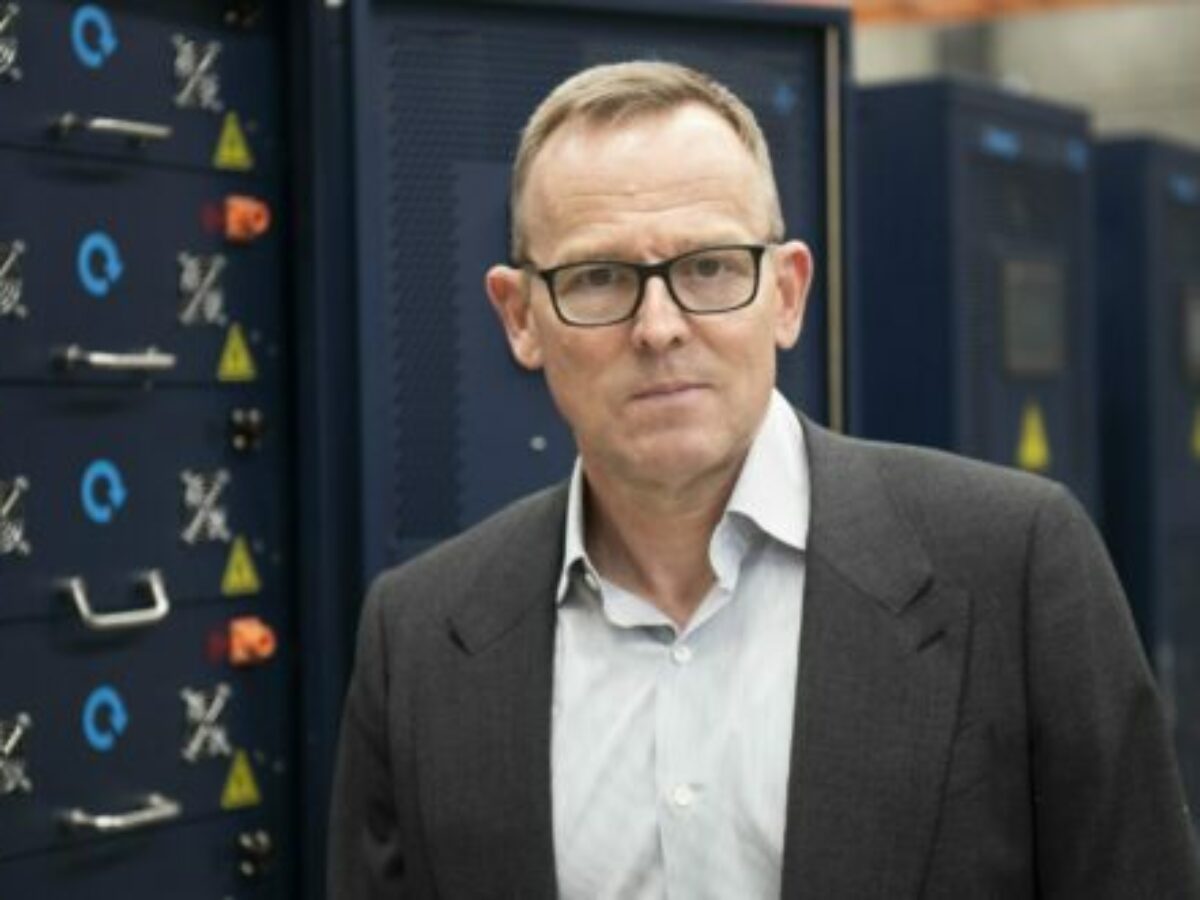If we did so badly in sports, we would be mortified: AMGC

The recently-updated economic complexity rankings from Harvard University have seen Australia falling eight places to rank 91st in the world.
The rankings are based on a country’s diversity and sophistication of exports, with Australia’s drop in the rankings described as “driven by a lack of diversification of exports” by Harvard.
”Australia is less complex than expected for its income level,” a summary puts it.
“As a result, its economy is projected to grow slowly.”
According to the Advanced Manufacturing Growth Centre, a not-for-profit organisation established through the former federal government’s Growth Centres initiative, the result highlighted an immense opportunity to improve, “by adding value to its abundant natural resources or making more complex items in areas of relative strength.”
“The latest ECI rankings are a damning reflection of Australia’s reliance on raw commodities trade – or luck. If these ECI results were reflected in the elite sporting world, we would be mortified,” said Dr Jens Goennemann, AMGC’s Managing Director.
“Why is it that we accept such a poor result in our global complexity ratings when it is directly tied to our future prosperity? At some point the ‘Lucky Country’ will run out of luck; now is the time for us to act and begin to increase the complexity of the things we manufacture and export.”
The low ranking reflects a low level of “productive knowledge”, available to make a product.
Australia’s result is skewed by a large amount of exports based on a small amount of transformation to them.
The rankings note that Australia’s exports in 2020 were worth $US 285 billion, grew 3.1 per cent on average each year for the previous five, and were led by iron ore and concentrates, followed by coal and then travel and tourism.
The complexity index is a provocative topic, and The Australian Financial Review once described it as reflecting a situation where “Australia is rich, dumb and getting dumber”.
Criticisms of the ECI include that it doesn’t consider the high degree of skills present in the resources industry.
Picture: Jens Goennemann (supplied)
Subscribe to our free @AuManufacturing newsletter here.
Topics Manufacturing News
@aumanufacturing Sections
Analysis and Commentary Awards casino reviews Defence Gambling Manufacturing News Online Casino Podcast Technology Videos

